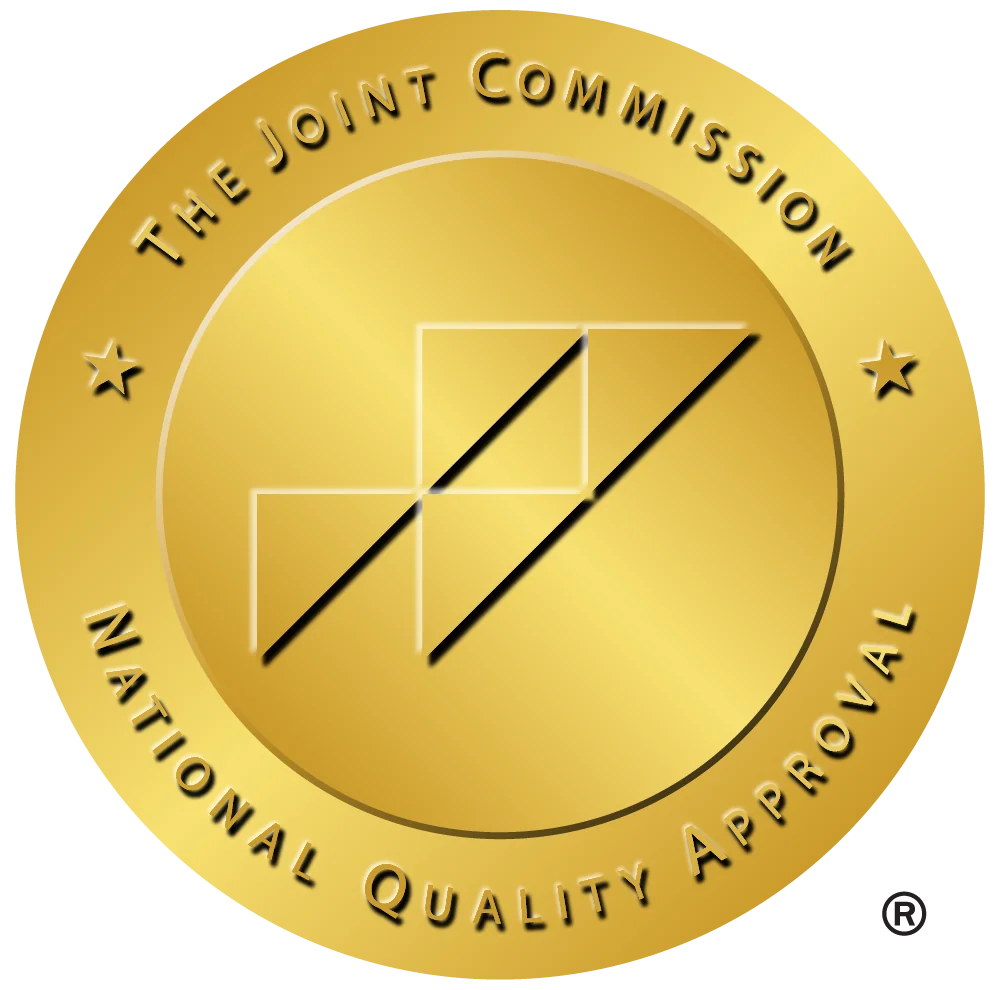In today’s demanding work environment, the need to care for mental health is more vital than ever. Recognizing when to take a step back and recharge is essential, but requesting time off for mental health can be challenging. Approaching this topic with your employer requires both understanding and confidence, especially when you want to maintain professionalism and avoid misunderstandings.
A mental health day is more than just a day off. It’s a necessary reset, providing mental clarity, reducing stress, and supporting overall well-being. This article of Revive Health Recovery will guide you on how to tell your boss you need a mental health day off. It’s designed to help you understand the value of mental health days and communicate effectively, so you can return to work refreshed, benefiting both your wellness and your professional performance.
Understanding the Importance of a Mental Health Day
Why Mental Health Days Matter in the Workplace
Taking a mental health day is an investment in personal well-being and productivity. In a culture where “working through it” is often encouraged, acknowledging mental health is a powerful step toward a balanced life and a healthy workplace.
Benefits for Personal Well-being and Productivity
Mental health days have a direct, positive impact on personal health, allowing individuals to rest, recalibrate, and come back to work with renewed focus. When we take time to care for our mental health, we improve our resilience, creativity, and efficiency. Taking a day off for mental health can ultimately prevent prolonged burnout, and studies show that workers who prioritize their mental well-being tend to have higher productivity levels.

Supporting Mental Health to Prevent Burnout
Without proper mental health support, stress can accumulate, leading to burnout. Burnout, a state of chronic exhaustion and detachment, harms personal health and affects performance. Regular mental health days allow individuals to decompress, recognize stress points, and prioritize self-care to avoid burnout altogether.
Recognizing Signs That You Need a Mental Health Day
Sometimes, the need for a mental health day becomes evident through symptoms of stress or exhaustion. Recognizing these signs can help you address mental fatigue early on.
Common Signs of Stress and Fatigue
Typical signs that suggest it’s time to pause include difficulty focusing, irritability, persistent fatigue, and lack of enthusiasm for work. When these symptoms persist, a mental health day may be crucial for resetting your energy.
When It’s Time to Take a Break to Avoid Burnout
Increased absenteeism, feeling overwhelmed by simple tasks, or physical symptoms like headaches are indicators that you may need to step back. Taking a mental health day at work can prevent more severe issues from developing, ultimately allowing you to perform better over the long term.
Preparing to Ask for a Mental Health Day Off
Choosing the Right Time to Talk to Your Boss
Knowing when and how to tell your boss you need a mental health day is key to a successful conversation.
Timing the Conversation Around Workload
Select a time when workload is lighter or when you’ve recently completed a project. This helps assure your boss that your request won’t disrupt productivity.
Choosing the Appropriate Setting for the Conversation
Request a private setting to have this conversation, whether in person, via video call, or a closed-door meeting. Privacy helps maintain a respectful tone and allows both parties to communicate openly.

How to Frame the Request Professionally
Approaching the conversation professionally can alleviate potential discomfort.
Language to Use When Discussing Mental Health
Use straightforward language. Statements like “I need a day to focus on my well-being” or “I believe a day off for mental health will help me recharge” convey honesty without oversharing.
Emphasizing the Positive Impact on Productivity
Communicate that taking a mental health day will allow you to return to work more focused and productive. Emphasizing benefits to both yourself and your work can make the request more understandable.
How to Tell with Your Boss You Need a Mental Health Day
Scripts and Phrases for Talking About a Mental Health Day
Practicing what you want to say can help you approach the conversation with clarity and confidence.
Sample Scripts for Various Work Environments
For formal workplaces, try: “I’ve noticed that a mental health day would benefit me greatly in maintaining my productivity.” In more relaxed settings, you might say, “I could use a day to refresh, and I think this will help me perform better.”
Ways to Mention Mental Health Without Oversharing
Respecting your own privacy is important. You can simply state, “I’d like to request a day to recharge.” This acknowledges your needs without disclosing too much detail.

What to Do if Your Boss Asks Questions
Be prepared to address any inquiries from your employer, focusing on the positive outcomes of taking a mental health day.
Responding Respectfully While Protecting Your Privacy
You can answer questions respectfully by saying, “I appreciate your understanding, and I believe this day will help me maintain my best work.”
Addressing Concerns About Job Performance
If concerns about your performance arise, reassure your boss that the mental health day is a proactive measure to ensure continued productivity.
Promoting a Supportive Workplace Culture
Creating a workplace that encourages mental wellness is essential in today’s business world, where stress and high expectations can lead to employee burnout. When a workplace actively promotes mental health, it demonstrates care for employees’ well-being, paving the way for increased productivity, job satisfaction, and loyalty. A supportive culture normalizes mental health conversations, making it easier for employees to request time off when they need it—whether for personal well-being or to address mental health concerns.
The Role of Managers and Leadership in Supporting Mental Health
Managers and leaders play a pivotal role in fostering a culture that prioritizes mental health. When leaders openly support mental health, they create an environment where employees feel empowered to take care of their well-being without fear of judgment. Leaders who model healthy behaviors, take breaks themselves, and share their own approaches to managing stress can encourage their team to prioritize mental wellness. Moreover, when managers actively listen to their team’s needs, they’re better able to identify signs of stress, step in early, and offer support as needed.
Managers should also receive training in recognizing signs of mental distress, understanding that mental health challenges are as valid as physical health concerns. This helps them approach conversations around mental health days with empathy, support, and confidentiality. Managers who advocate for mental health become pillars of support in their teams, reinforcing a culture that values individual well-being as much as productivity.

Revive Health Recovery’s Approach to Workplace Mental Health in Denver
In Denver, Revive Health Recovery sets an example of how organizations can integrate mental health into their workplace culture. Revive Health Recovery emphasizes that supporting mental health is not just an individual concern but an organizational commitment. By encouraging open discussions and offering services tailored to both personal and workplace needs, Revive Health Recovery supports employees in maintaining a healthy work-life balance.
Encouraging Open Dialogue on Mental Health
One of the key strategies in fostering a supportive workplace culture is promoting open dialogue around mental health. Revive Health Recovery advises businesses in Denver on ways to normalize these discussions, helping employees feel comfortable bringing up concerns without the fear of stigma.
Encouraging open dialogue starts with leadership but extends to all levels of an organization, where every team member feels they have a voice and can share their experiences in a safe environment. This culture of openness reduces isolation and increases understanding, as employees feel supported rather than pressured to keep mental health challenges private.
Implementing Policies for Mental Health Days
An essential part of a mental health-friendly workplace is having clear, accessible policies that allow employees to take mental health days without undue hurdles. Revive Health Recovery emphasizes the importance of straightforward policies that ensure employees know their options for taking time off to address mental health concerns. Policies for mental health days should be simple, with clear guidelines on how employees can request time off, ensuring they do not feel they need to over-explain or justify their request.

Conclusion
Learning how to tell your boss you need a mental health day may seem daunting, but it’s an essential step in maintaining personal and professional well-being. By communicating your need for time off professionally and emphasizing the positive impact, you can ensure that both you and your employer recognize the value of a balanced, healthy work life.
Taking a mental health day, especially with the support of organizations like Revive Health Recovery in Denver, Colorado, underscores a commitment to well-being in the workplace and allows you to recharge and continue contributing effectively. Remember, caring for your well-being and understanding about mental health topics is not only beneficial for you but also positively impacts the workplace as a whole.







